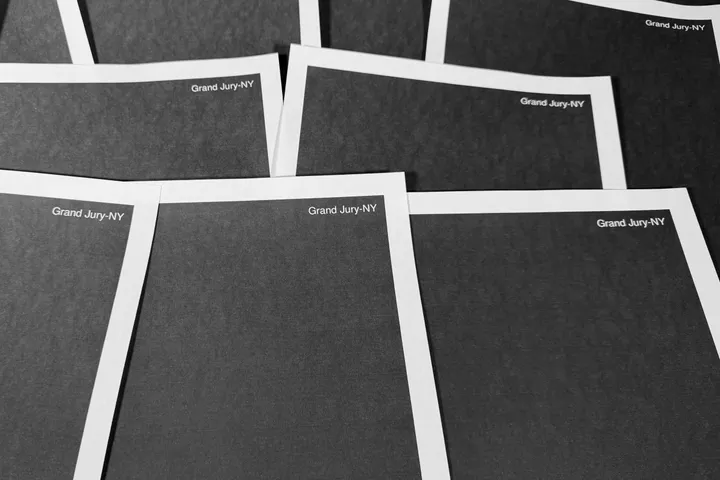US President Joe Biden has said a Daesh leader was killed during an overnight raid carried out by US special forces in Syria’s northwestern Idlib province.
The raid on Thursday targeted Abu Ibrahim al Hashimi al Qurayshi, who took over as head of the militant group on October 31, 2019, just days after leader Abu Bakr al Baghdadi died during a US raid in the same area.
Biden said Qurayshi died as Baghdadi did, by exploding a bomb that killed himself and members of his family, including women and children, as US forces approached.
The operation came as Daesh has been trying for a resurgence, with a series of attacks in the region, including an assault late last month to seize a prison in northeast Syria holding at least 3,000 Daesh detainees, its boldest operation in years.
Biden said Qurayshi had been responsible for the prison strike, as well as genocide against the Yazidi people in Iraq in 2014.
US special forces landed in helicopters and assaulted a house in a rebel-held corner of Syria, clashing for two hours with gunmen, witnesses said.
Residents described continuous gunfire and explosions that jolted the town of Atmeh near the Turkish border, an area dotted with camps for internally displaced people from Syria’s civil war.
Biden said he ordered US forces to “take every precaution available to minimise civilian casualties," adding that was why they chose not to conduct an air strike on the home.
The opposition-run Syrian Civil Defense, first responders also known as the White Helmets, said 13 people were killed in shelling and clashes that ensued after the US commando raid.
READ MORE:US kills top Daesh leader and over a dozen civilians in Syria
'The mission was successful'
Biden, along with Vice President Kamala Harris and senior national security aides monitored a live-feed of the operation from the White House Situation Room.
The operation marked a military success for the United States at an important time after setbacks elsewhere — including the chaotic Afghanistan withdrawal — have led allies and opponents to conclude US power globally was weakening.
“The mission was successful,” Pentagon press secretary John Kirby said in a brief statement. “There were no US casualties."
“The first moments were terrifying; no one knew what was happening,” said Jamil el Deddo, a resident of a nearby refugee camp.
“We were worried it could be Syrian aircraft, which brought back memories of barrel bombs that used to be dropped on us,” he added, referring to crude explosives-filled containers used by Syria's Bashar Assad’s forces against opponents during the Syrian conflict.
READ MORE:Iraq's retaliatory air strikes kill suspected Daesh terrorists
Did not appear in public
Abu Ibrahim al Qurayshi, a religious scholar and former soldier in Saddam Hussein’s army, had kept an extremely low profile since he took over leadership of Daesh.
He had not appeared in public, and rarely released any audio recordings.
The 45-year-old Iraqi had been an important leader in Daesh's precursor, the Daesh of Iraq — an offshoot of Al Qaeda — since soon after the US invasion that toppled Hussein in 2003.
His influence and day-to-day involvement in the group’s operations was not known and it is difficult to gauge how his death will affect the group.
His killing, however, is a significant blow just as the group had been trying to reassert itself in Syria and Iraq.
READ MORE:In Syria, the US needs to address the roots of Daesh, not the symptoms
Daesh threat over years
Through slickly engineered propaganda, including brutal beheading videos, Daesh emerged as a dominant global extremist threat in the past decade.
At the height of its territorial conquests around 2014, Daesh controlled more than 40,000 square miles stretching from Syria to Iraq and ruled over 8 million people.
Last month, it carried out its biggest military operation since it was defeated and its members scattered underground in 2019: an attack on a prison in northeast Syria holding at least 3,000 of its detainees.
The attack appeared aimed to break free senior Daesh operatives in the prison.
READ MORE:Clashes displace thousands of Syrians after prison attack
























